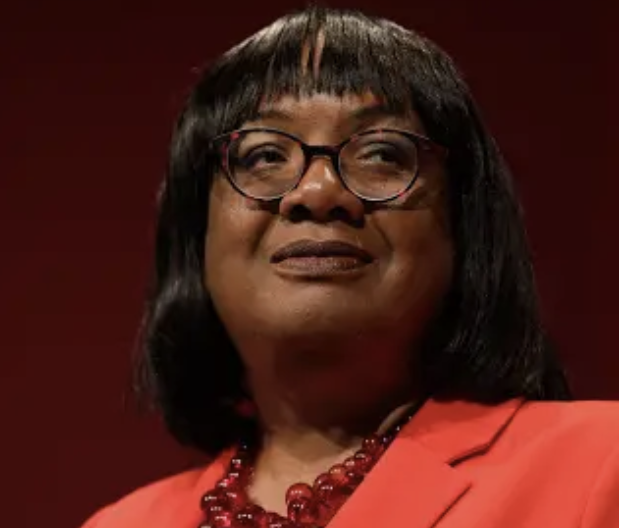Mob rule as a signal of black democracy

In the eyes of many people around the world, the United Kingdom is regarded as the very model of modern democracy where the rule of law reigns supreme. With aspects of its parliamentary system dating to medieval times, and hundreds of years of relative political stability, there seems to be no way unruly mobs could end up with the law supporting them. Therefore, it must now seem strange to hear that four people, who some describe as being part of a violent mob, were recently not charged for destroying a public monument and throwing it into a river. Does this case mark a watershed in British political history for mob rule over the rule of law and democracy?
The root and background to this incident was the Black Lives Matter protests in Britain during the summer months of 2020. One of the stand out moments during these protests for Black equality against police brutality and injustice, in Britain, was the toppling of the statue of the Bristol-born slave merchant and philanthropist Edward Colston. The statue was eventually thrown into a river amidst scenes of enthusiastic support from many onlookers. Four people were subsequently arrested and charged with criminal damage but were eventually acquitted.
The, so called, Colston Four – Rhian Graham (30), Milo Ponsford (26), Sage Willlougby (22) and Jake Skuse (33) – became the symbolic face of not only this particular act, but also of the much wider anti-Colston movement. Rhian Graham told ITV’s Good Morning Britain that she did not think her or her co-defendants’ actions were “criminal”. She went on to claim that on the statue it says it is owned by the citizens of Bristol, therefore as far as Graham was concerned, the people had some sort of ‘’claim over the fate of that statue”.
The court ruling received a great deal of support from a number of people. The historian and broadcaster, David Olusoga, who gave evidence during the trial, described the verdict as a “milestone” in Britain coming to terms with its history. As far as he was concerned, the, “Toppling of the statue and the passionate defence made in court by the Colston Four makes that deliberate policy of historical myopia now an impossibility”. Raj Chada, who represented Mr Skuse, said the defendants should never have been prosecuted and that it was shameful that the Bristol City Council had not taken down the statue of slaver Edward Colston that had caused such offence to people in Bristol.
While some rejoiced at the court verdict, others were not only angry, but questioned the very nature of British democracy. It has been asked whether this ruling will help to set a dangerous precedent where people who have similar grievances against or objections to other public monuments have the right to demonstrate, destroy and remove them. Furthermore, what does this mean in terms of a peaceful democratic process and the rule of law? Whereas civil disobedience and peaceful demonstrations are allowed and encouraged, destruction of property and looting are regarded as violent crimes. An intentional act to destroy property, whether private or publicly owned, is regarded as a criminal act.
Some of the main features of a liberal democracy include: rule by governments usually established through elections, minority views are respected and pressure groups can freely exist, there are multiple groups or parties that compete for power, the people feel the government is accountable to them and if they are not happy, they can remove them by an agreed system (usually elections), there is also freedom of movement and speech. Above all there is a right to protest. The main contention is not about people engaging in acts of protests, but the extent to which these acts violate the law. Even though people might find monuments despicable, it has to be questioned whether they have the right to destroy them. If everyone goes around destroying what they do not like, this could result in a lawless society, which, in the end, benefits no one.
Tony Talburt Ph.D. is a senior lecturer in Black Studies at Birmingham City University in Britain.






